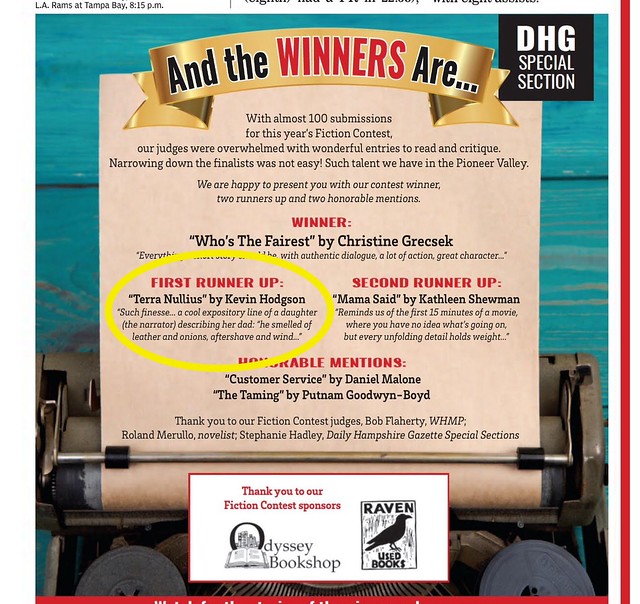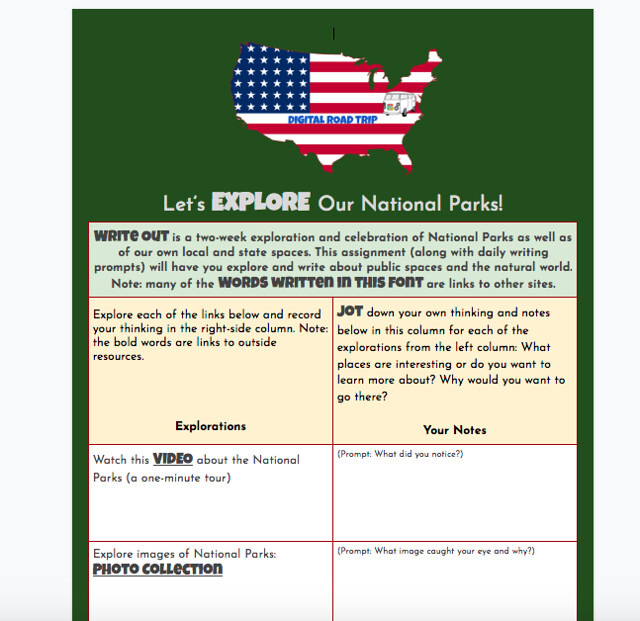 (This is for the Slice of Life challenge, hosted by Two Writing Teachers. We write on Tuesdays about the small moments in the larger perspective … or is that the larger perspective in the smaller moments? You write, too.)
(This is for the Slice of Life challenge, hosted by Two Writing Teachers. We write on Tuesdays about the small moments in the larger perspective … or is that the larger perspective in the smaller moments? You write, too.)
There’s no one to blame, really. What with the lower grade classrooms now “full in” (everyone back) and a decision by the School Committee in the summer to limit who has access to school busing by setting a distance requirement and families wary of sending kids on the buses for safety reasons, to begin with, the result at our school is an endless line of idling cars each morning and afternoon.
Yesterday, three of my students told me they were waiting in their parents’ car for nearly 20 minutes just to get dropped off at the door to enter the school. In the afternoons, the six-foot distance rule means the gym is full of students, and the hallways are now spill-over zones. It means when our work day ends, there is no way to leave the parking lot on time because the cars keep coming (not for much longer, but still).
The waiting cars snake from our back parking lot, to the main thoroughfare, past the Post Office, and nearly to the intersection with our local state highway. All those cars, idling. And with the cold weather approaching, even more so.
I’m afraid to tell my wife, whose pet peeve has long been car idlers, and the impact those idling engines have on the air and climate. She’s written letters to newspapers about it. She’s pressed our kids’ principals at our own neighborhood school to take action against parents sitting in running cars at the end of school days.
And I’m with her on this — all those cars, engines running, can’t be good for the planet.
(The School Committee is tinkering with its policy on who can ride the bus to help alleviate this a bit, but I suspect most families are in the pick-up line because of concerns about Covid19 and buses, even with the protocols and safety measures in place).
Peace (sitting here, thinking).
Kevin







